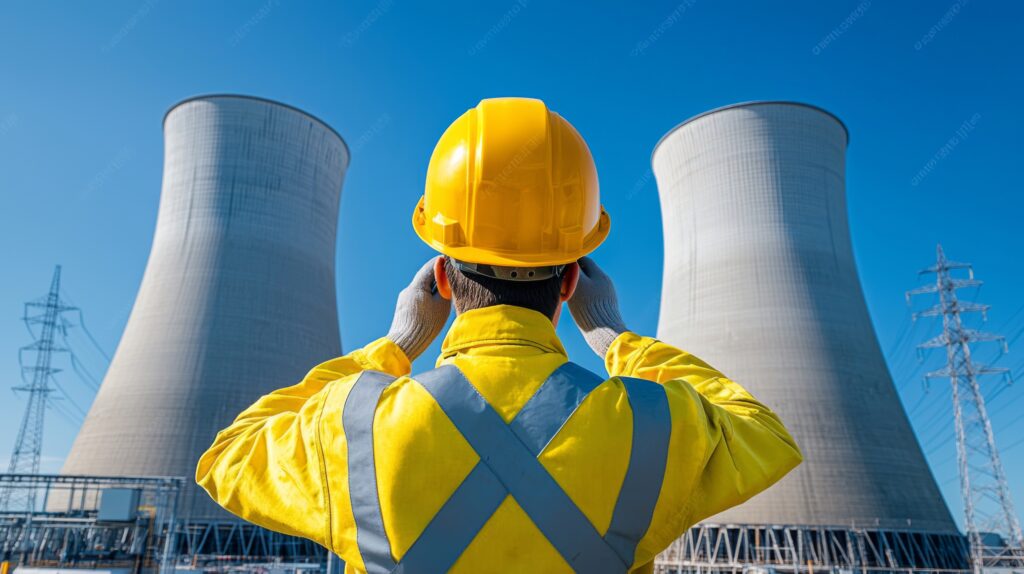
The Congressional Research Service (CRS) report Nuclear Energy and Climate Change Mitigation provides an updated, nonpartisan analysis for Congress on the potential role of nuclear energy in addressing climate change.
Key Sections
-
Current U.S. Nuclear Fleet: Describes the existing reactors, their capacities, and licensing timelines.
-
Climate Goals & Emissions Reduction: Explores nuclear’s potential to help the U.S. achieve greenhouse gas (GHG) targets by replacing fossil-fuel generation.
-
Economic Factors: Evaluates cost drivers, including construction expenses, financing, carbon pricing, and comparisons with renewables.
-
Advanced Reactor Technologies: Discusses emerging technologies like small modular reactors (SMRs) and advanced Generation IV designs, highlighting possible benefits in safety, scalability, and waste handling.
-
Policy and Regulatory Issues: Identifies federal and state policy measures (e.g., loan guarantees, tax credits, carbon pricing) that influence nuclear’s competitiveness.
-
Waste, Decommissioning, & Proliferation: Covers longstanding challenges, including spent fuel disposal, plant decommissioning costs, and nuclear security.
-
International Context: Reviews nuclear deployment trends abroad, emphasizing lessons from nations expanding or phasing out nuclear power.
The report concludes that nuclear energy is a low-carbon technology capable of making significant contributions to climate goals, but faces hurdles in cost, regulatory approval, waste policy, and public perception. It outlines considerations for Congress when shaping legislation, particularly regarding incentives for advanced nuclear and infrastructure investments.
Read the full report here.




